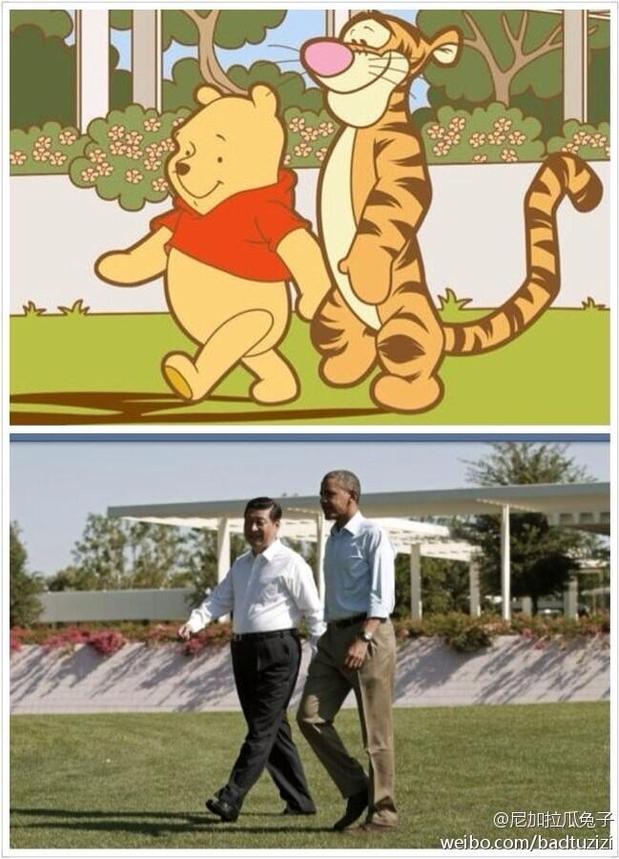I had one of the most terrible days I've had in a very long time, today.
Of course, being sick as long as I have been, with no feeling that it's really getting better… that doesn't help.
There's been a feeling of never-ending crisis at work, for so long I can't really say when it started any more. I know cash flow is bad. Enrollment isn't really down, that much, but it's not up, either. Unfortunately, the business model seems to have been predicated too excessively on presumed inevitable growth. I can't even judge if that's a smart way to run a business or not, but my gut feeling is that it's not.
I spent over 3 hours this evening arguing with my boss, and got home 2 hours later than usual. The argument ranged across a lot of things, but with very little resolution. I don't want to go into details. I shouldn't, even if I wanted to.
But one thing that wounded me deeply, and angered me as utterly unnecessary and inappropriate and profoundly Korean: my boss said I was acting like a child.
When is it a good time to say this to an employee?
Let's review.
If it's true that the employee is acting like a child, then it's not a good idea to complain to the employee about it, but rather, to review (in one's mind) what that employee is doing and failing to do, what that employee's strengths and weaknesses are, and assess whether or not it's worthwhile to try to retain the child-like employee. If the employee is worth retaining, by all means avoid pointing out his childish behavior, and instead try to change the focus of the conversation. If the employee isn't worth retaining, even then it might be more productive to attempt to have as grown-up a conversation as possible about that employee's failings.
If, on the other hand, it's not true that the employee is acting like a child, then to accuse him of such is a pretty bad idea, as it's downright insulting.
So either way, it's a bad idea.
From my side of the argument, and setting aside the above, I ask myself – would I rather that he was right or wrong?
If he's right – if I was acting like a child – then I just feel depressed and discouraged (in a childish way, presumeably) over my failure to behave as an adult. If he's wrong, and I wasn't acting like a child, then I feel as he's genuinely misunderstood my points and is, himself, acting childish.
Ultimately, if I try my best to look at it objectively, I suspect there's some cultural conflict going on here. Americans, in general, because of our culture of equality and upfront, me-centered communication, can seem very childish to Koreans, I think. Americans tend to resist hierarchies and overt dominance behavior, as is typical in a Korean boss, and our reactions to authority seem weird and misplaced to them. On the other hand, to Americans, Koreans seem excessively focused on hierarchies and in arguments, they try to eke out apologies and concessions of guilt from those "below" them.
This is doomed to be an unfinished analysis – at 1 AM I'm not really interested in finishing it.
Earlier today, I had an advanced middle school student tell me, during a pretty extended conversation during a break time, "I miss Woongjin." (As a note, "Woongjin" is the name of the hagwon that underwent merger with Karma a little over a year ago – so he was referring to the "old days," pre-merger.)
"Why do you miss Woongjin?" I asked.
The student was actually pretty detailed in his analysis of his feeling. "This place, now," he said, gesturing around, "is all about rules… and punishment… and yelling. Woongjin had a good feeling between students and teachers. It was fun and there was trust."
Perhaps this student's trenchant observation was in the back of my mind as I argued with the boss later.
 Tolkien dated the poem to the 8th century – and this was Tolkien’s specific area of expertise, as he was a professor of English Philology. Other scholars have thought the poem Beowulf to be younger, but certainly it is at least 1000 years old.
Tolkien dated the poem to the 8th century – and this was Tolkien’s specific area of expertise, as he was a professor of English Philology. Other scholars have thought the poem Beowulf to be younger, but certainly it is at least 1000 years old.
